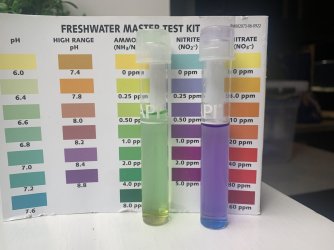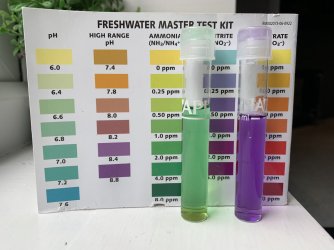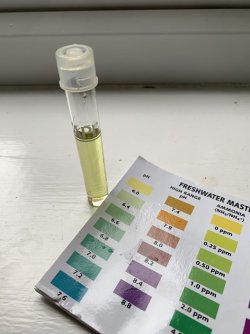777james777
Fish Crazy
Ok that’s great.
Presumably the plants will be okay if I am adding ammonia?
So…
Test the water for zero zero
Then empty 95% of water
Then add plants and decor
Then fill back up carefully
Then on Wednesday feed with 0.8ml ammonia
Then Saturday fish
Is that okay
Presumably the plants will be okay if I am adding ammonia?
So…
Test the water for zero zero
Then empty 95% of water
Then add plants and decor
Then fill back up carefully
Then on Wednesday feed with 0.8ml ammonia
Then Saturday fish
Is that okay





